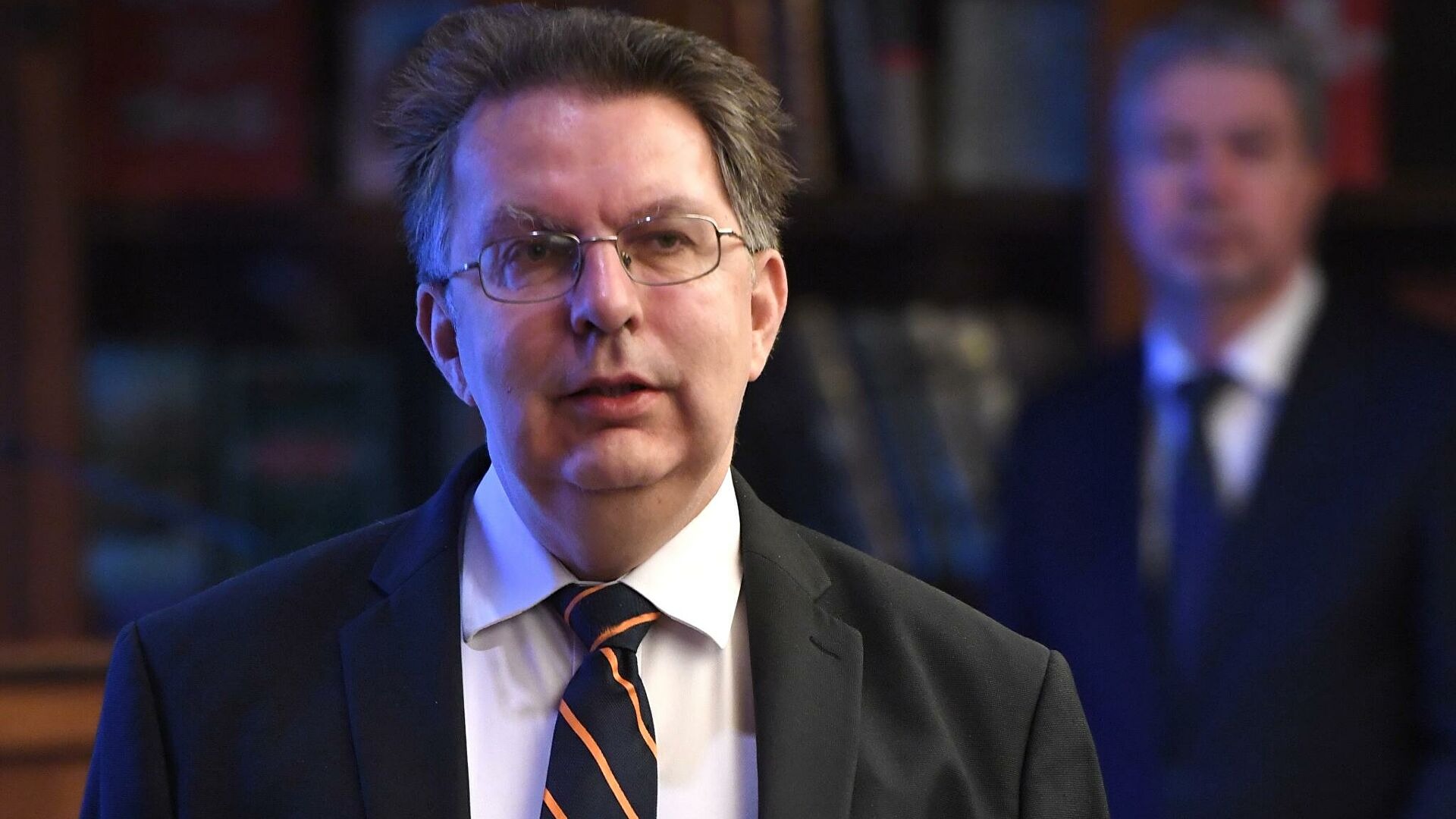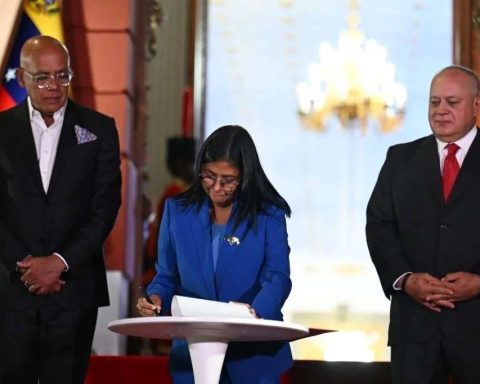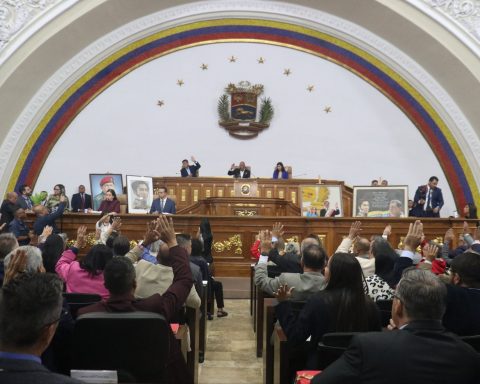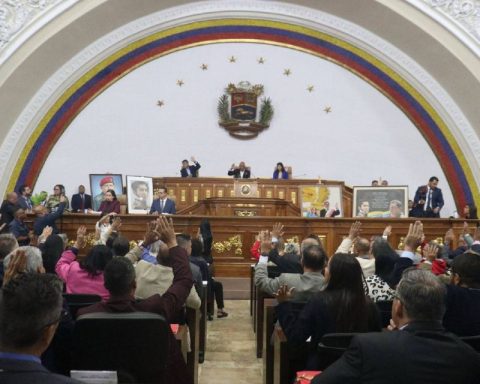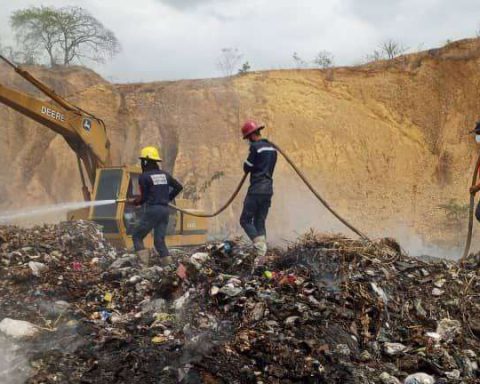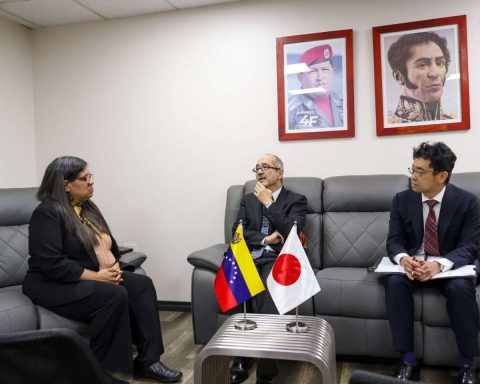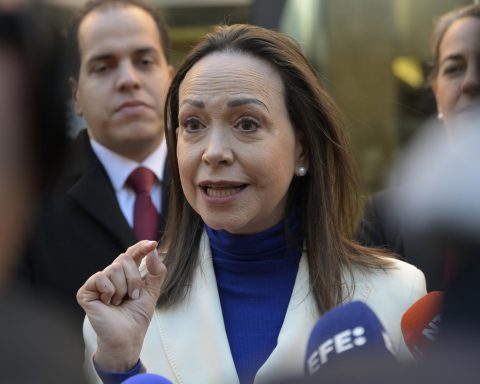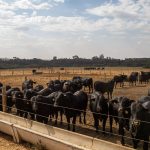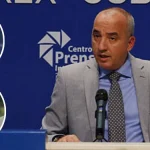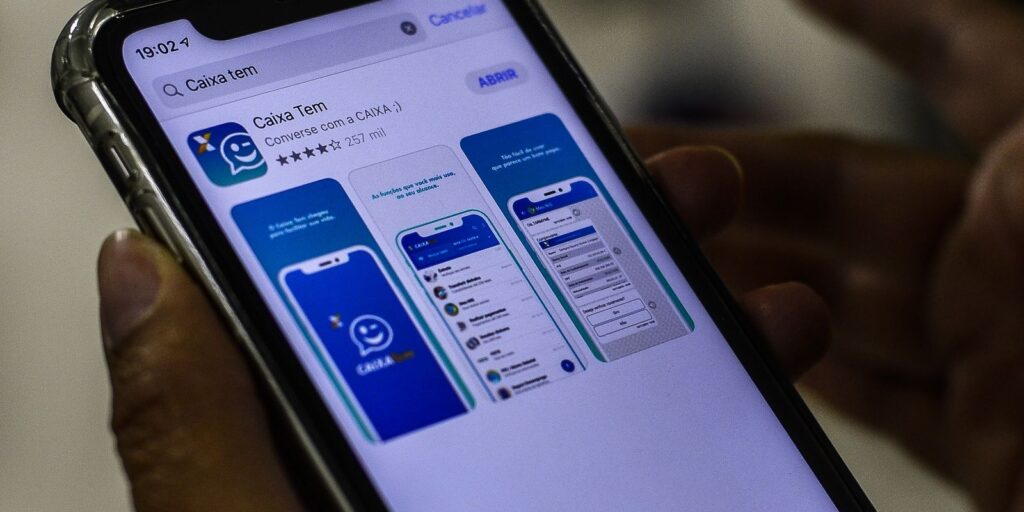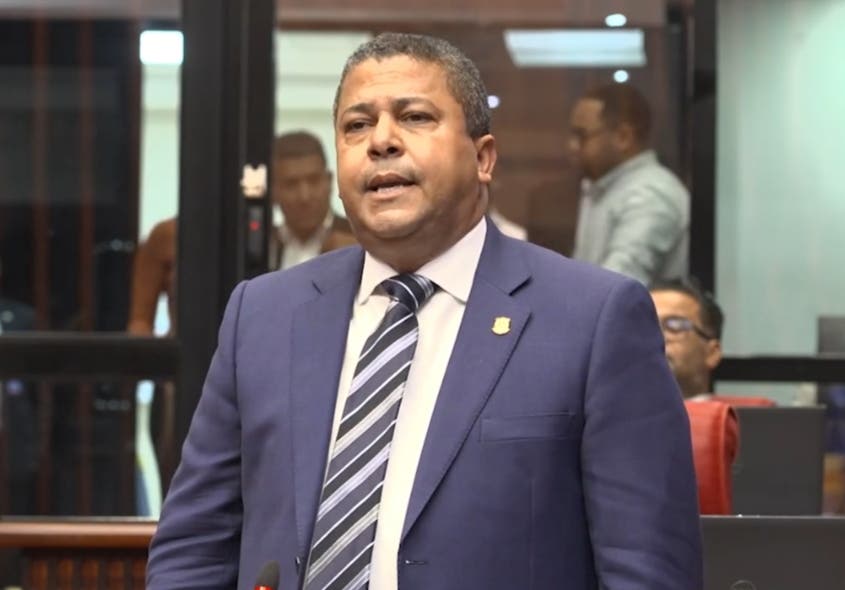The director of the Department of Latin America of the Russian Ministry of Foreign Affairs, Alexánder Schetinin, in which he clarified that the possible scenario of a rapprochement between Caracas and Washington in relation to the supply of hydrocarbons will not affect the cooperative relations between Venezuela and Russia . He also described the fact that the Americans have had direct contact with Caracas as a clear sign of “opportunism in US foreign policy.”
The official gave an interview to the Sputnik news agency, which we reproduce below:
– Does Moscow plan to give an additional boost to relations with Latin American countries, in view of the complicated situation in the field of foreign policy? Are you planning to have any contacts with your Latin American colleagues soon, including at the level of Foreign Ministers?
The events that unfolded in Ukraine, after this country, the US and the NATO countries that support kyiv had passed the well-known “red lines”, highlighted that Latin America remains an independent and autonomous leadership of the foreign policy of our country. Despite the emotional reaction of various partners to the launch of a special military operation, we continue to have a dialogue. We explain the current situation, the destructiveness of the sanctions course of Washington and its partners, the imperative of the demilitarization and denazification of Ukraine.
We understand that Latin America is under enormous pressure from the “collective West” that is using an entire arsenal of tools such as political influence, economic promises and blackmail, disregarding the global, social and economic consequences of the sanctions imposed against Russia, in particular, in the energy, financial and food sectors.
We are open to continuing the constructive pragmatic and de-ideologized cooperation with Latin Americans, adapting it together with them to the new realities. A crisis of old methods often opens a window of new opportunities. We appreciate the vote of the Latin Americans who did not support the anti-Russian resolutions proposed by the West in the respective forums. For some countries, adopting this position was like accomplishing a feat. We are grateful to our historical partners who share the Russian valuations of the present moment.
We have not suspended cooperation with Latin Americans. We will keep the links. We will inform you of the respective contacts in a timely manner.
– One of the results of Western sanctions was the exit of several European and American companies from the Russian market. Can Latin American companies replace them? In what areas is it possible to do it, are there any specific offers? Will the current situation be a catalyst for the growth of Russia’s economic and trade cooperation with the Latin American region?
-It is important that Latin Americans have not adhered to the anti-Russian sanctions of the West. We have not included any country in the region in the list of hostile states.
I am convinced that the open niches will be filled, including by Russian companies. Surely, we are open to international cooperation, including with Latin American partners.
In what directions the cooperation will continue, what new areas it will include – these are the issues of the business circles of our countries. The dialogue with them continues.
-Several experts believe that in the current foreign policy situation it is difficult to talk about a possible rapprochement between the positions of Venezuela and the US in relation to the supply of hydrocarbons. How could such hypothetical agreements affect relations between Moscow and Caracas, in particular, Russian-Venezuelan projects in the energy sector?
-We stand for the lifting of all the restrictions imposed by the US against the legitimate government of Venezuela headed by Nicolás Maduro and, in fact, against this country and its people, for the normalization of relations between Washington and Caracas on the basis of equality. . It is our position of principle and we announce it repeatedly and consistently.
It was the US that destroyed effective cooperation with Caracas in the field of hydrocarbon supplies. Tenaciously increasing the pressure of sanctions, they prohibited exporting Venezuela’s oil and importing oil products to this country. Venezuelans were constantly pushed out of the international financial infrastructure, deprived of foreign assets and opportunities to recoup losses caused by borrowing in the foreign market. The White House did not relax its restrictions even during the coronavirus pandemic.
The fact that the Americans have had direct contact with Caracas demonstrates the opportunism of US foreign policy. All its principles collapsed once the economic war against Russia, unleashed by Washington, has rebounded on the US economy itself. It is illustrative that at the same time Washington continues to hypocritically bet on the “pseudo-president” Juan Guaidó, buffoon and impostor, who, following the instructions of the United States, including calls to intensify external sanctions, has already caused his people considerable damage and in many irreparable senses.
We hope that the resumption of official contacts between Washington and the legitimate Government of Venezuela will put an end to the horseplay and farce under the label “interim president”.
Our contacts with friends in Caracas confirm that in this capital they have a perfect account of “who is who”. Relations between Russia and Venezuela are developing within the framework of strategic cooperation. A truly comradely political dialogue took place that was not suspended under any circumstances, including the pandemic. We are working on future bilateral contacts in various spheres of cooperation, including energy, transportation, health, biotechnology and pharmaceuticals, agriculture, mining. Our cooperation continues and will develop regardless of sanctions, be they anti-Venezuelan or anti-Russian. Several mutually beneficial projects will be launched under the special law approved by Caracas and aimed at attracting foreign investment amid the sanctions imposed by the US.
Could Western sanctions imposed against the agency rosetom hinder the construction plans of the electronuclear plant in Argentina?
-Argentina is an important strategic partner of Russia in Latin America, with which we are united by solid ties of mutually beneficial cooperation, including in the economic and technological fields.
Last February, in Moscow, the Presidents of both countries, Vladimir Putin and Alberto Fernández, reiterated their willingness to promote these relations. This cooperation covers various areas, including the use of atomic energy for civilian purposes. In our view, it would respond to the interests of both nations. We are willing to keep it.
–Cooperation between Moscow and Havana has a rich history. How do you assess the current level of bilateral relations? Will Russia continue to provide assistance to the Cuban partners, in particular, in the development of transport infrastructure?
– The cooperation between Moscow and Havana has a long and rich history and is based on camaraderie, mutual support and solidarity. They are relationships of true friends and strategic partners.
Cubans have long known what it is to live in the midst of sanctions. The economic and financial blockade of Cuba, which has lasted 60 years, is an example of hypocrisy and duplicity in US foreign policy, of obsession with the desire to impose its rules on the world, to make international affairs hostage to internal political brawls, sacrificing them to satisfy the interests of an aggressive and conservative lobby group. In the end, it is a practical testimony of the inability to persuade others to be right and of how bogged down the policy of isolating a country is, although it is much smaller due to its geographical extension and economic potential, but much stronger due to the spirit of his people and the unwavering patriotism and conviction of the justness of his cause.
We will strengthen the Russian-Cuban strategic partnership on the world stage, in promoting trade and economic cooperation, providing humanitarian assistance and strengthening people-to-people contacts. We pay priority attention to the transport, energy, metallurgy, agriculture and tourism sectors.
– In the midst of the current global financial instability, doesn’t Moscow plan to move to settlements in national currencies with Venezuela, Cuba, Nicaragua and other Latin American countries?
-The work in this direction with our regional partners has been and is being carried out regardless of the international political situation. It is imperative if we really want to build a fairer global financial and economic model.
This work will continue to reduce the risks of sanctions and promote economic-commercial cooperation with Latin American countries. I am sure that we will make the pertinent decisions and sign the corresponding agreements. We will try to act with dynamism fulfilling this task. The understanding of the need to free oneself from dependence on Western payment systems, in general, from the Western financial and economic system, is becoming more and more clear, and not only in Moscow.
